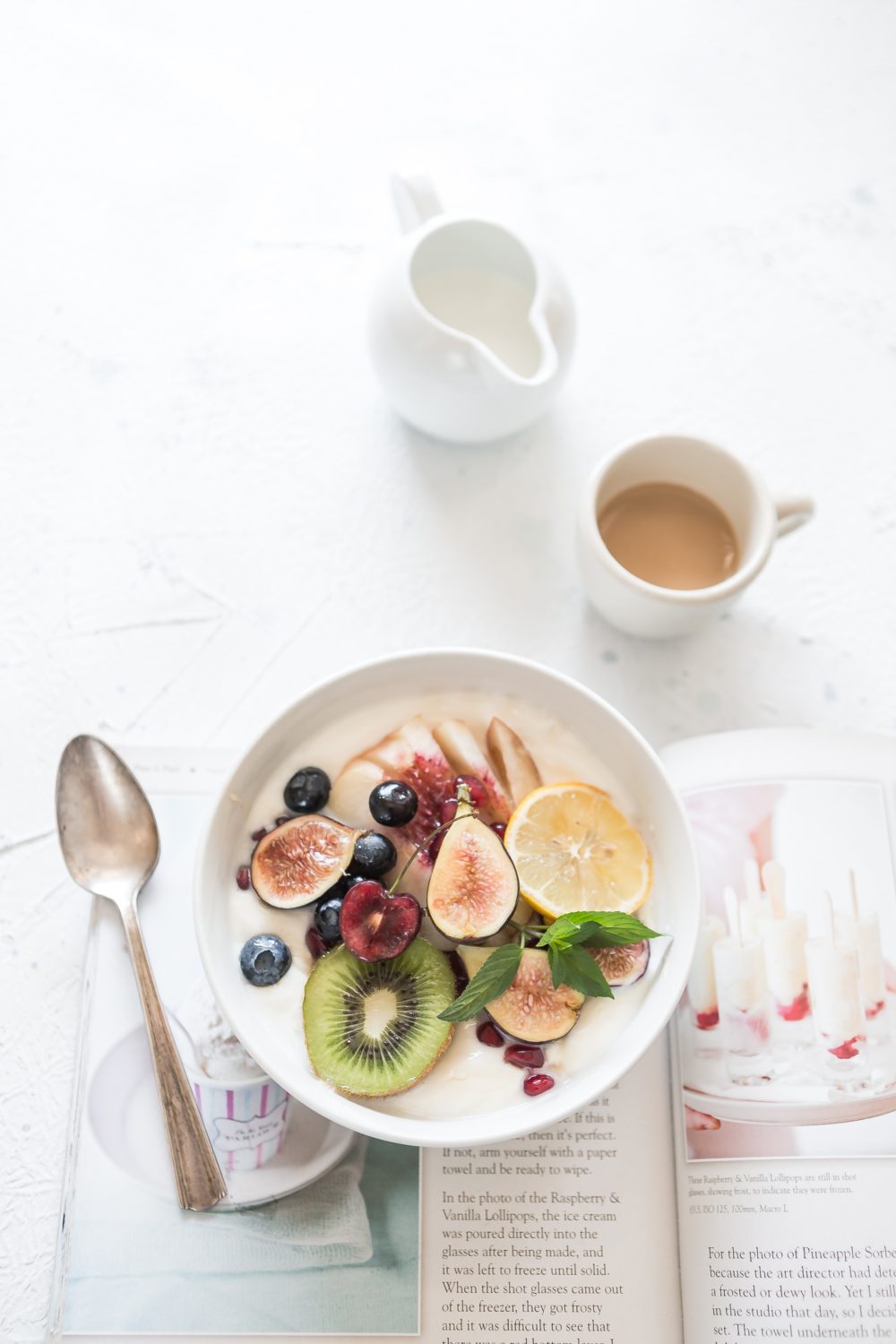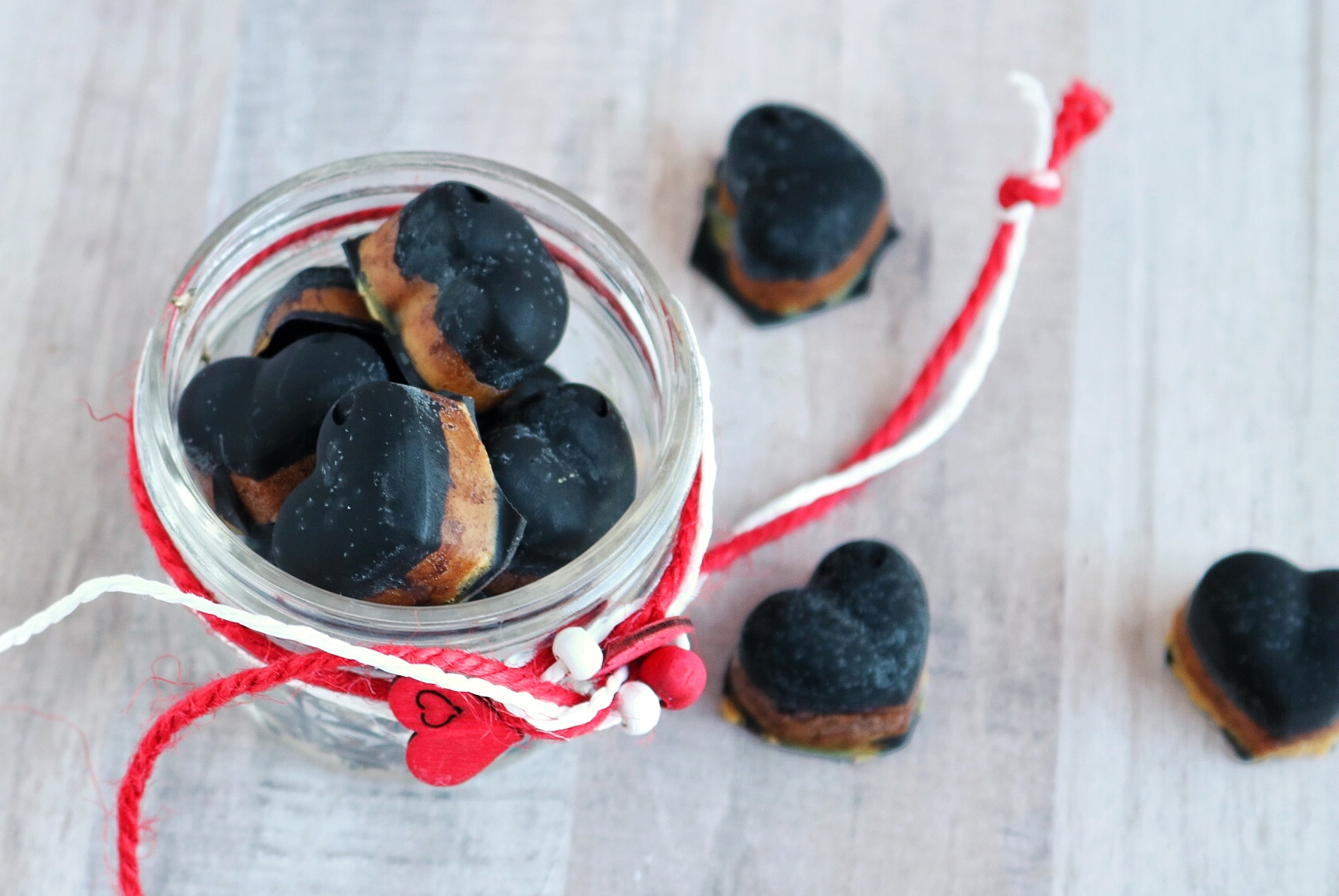Here at Peaceful Dumpling, we’ve talked about the amazing benefits of probiotics from building immunity to stabilizing mood to clearing your skin. But could there be reasons probiotics aren’t actually good for you?? Jaw-dropping, right? Earth-shattering even!
That was sort of how I felt when I had my first Ayurvedic consultation with the beauty director at Pratima, an upscale spa in SoHo with its own skincare line. I explained all about my bona fide Pitta (fire) nature: I love the cold and hate heat and humidity. Summer typically feels like a personal insult, even though with age I’ve learned to become more patient (winter is always just around the corner!!). Recently, I’ve even started to break out in hives if I eat anything spicy like spicy eggplant (worsened by the fact that it’s a nightshade) or a medium guacamole. Also as a Pitta, my digestive system is super strong, but my skin is prone to troubles.

Much to my relief, she confirmed that I am indeed a Pitta on fire. She also affirmed that a vegan diet is super beneficial for cooling down Pittas’ excessive heat energy. Nice! She also recommended that I try going raw vegan in the summer, and advised against eating too many nuts and nut by-products, and fermented items, which are both considered healthy but too heat-building for Pittas.
“Wait, what about miso dressing?” I asked, bewildered. Unfortunately, that was not a Pitta-recommended food–but I was relieved to know seed products like tahini (!!!) are okay.
As it turns out, miso, sauerkraut, kombucha, and other fermented, probiotic foods are not good for everyone. In Ayurveda, sour taste is said to aggravate Pitta–and in excess, to cause inflammation. While this can be beneficial for Vatas (air), who tend to get cold easily and have poor digestive “fire,” in Pittas this can cause an imbalance. I love the occasional vegan yogurt & granola combo, but *nothing* is worth over-heating my system and angrying up my eczema-prone skin!
Nutrition science also seems to support the idea that probiotics are not one-size-fits-all–and that not all probiotics are made the same. According to Robin Foroutan, RDN, a NYC-based nutritionist and a spokesperson for the Academy of Nutrition and Dietetics, probiotic yeast found in kombucha is a different microbe than the probiotic bacteria you’d find in naturally fermented foods like sauerkraut.
She says that regularly consuming kombucha can even result in an overgrowth of yeast, shown in side effects like fatigue, sugar cravings, skin rashes, and genital yeast infection.
I used to drink kombucha occasionally a few years ago, but it didn’t seem to affect me negatively or positively. Nowadays, I don’t buy bottled drinks at all for environmental reasons, so it’s not an issue for me to “give it up.” But other probiotic foods that I do consume are made with strains of bacteria that may not help my own microbiome: You only need to pick up vegan yogurts from different brands and read their labels to know that each company has a different process.
Of course, probiotics can work wonders for certain body types. But if you are prone to feeling warm, redness, eczema, and infections, it may not be the best fit for you. I for sure will be going easy on my vegan yogurt, kimchi, and miso going forward. Fortunately, chocolate, fruits and other (unprocessed) sweets are great for Pittas, which means now I will be enjoying them for “health reasons.” ;D

Vegan Chocolate Peanut Butter Cup Hearts
What’s your approach to probiotic consumption? Has it changed over the years?
Related: Are Probiotics The Secret to Great Skin?
I Tried The Low FODMAP Diet For Bloating & Stomach Pain—How It Changed My Life
Eat Your Dirt: Natural Vitamin B12 And Where To Find The Best B12 Supplement
Get more like this—Subscribe to our daily inspirational newsletter for exclusive content!
__
Photo: Brooke Lark on Unsplash, Colette Goguen
